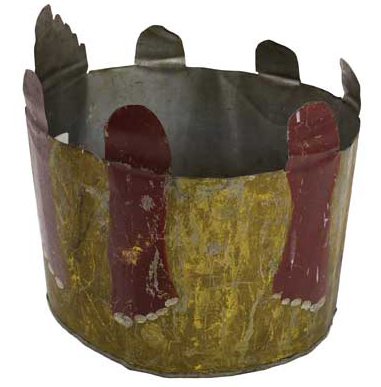I feel oddly lucky this morning, in a very specific way. I feel lucky that, this year, I didn’t let myself get totally consumed by the election, as I did in 2004 and 2008, or this morning, in the aftermath of Donald Trump’s election as our 45th president, would feel even worse than it does.
I also feel lucky to have lived through eight years of George W. Bush, and before him, eight years of Ronald Reagan. Because I know I can live through the next four. (Punk rock should help; it did before.)
But not the way I lived through the last eight. If last night taught me anything, it’s that we will never survive as a nation if we continue to allow ourselves to be divided. To that end, the first thing I intend to do differently, and suggest you consider, is:
Listen. You know those people you unfriended on Facebook because of their political leanings? You might want to start talking to them again. And it might be a good idea to find a media site that’s not slanted toward your biases and read that too.
And, by the way, you can’t listen if you dehumanize, or demonize, the other side. Now is probably a good time to de-install Detrumpify.
But I don’t mean just listen to what people on the other side of the aisle say; listen for why they’re saying it. Both sides have been saying some hateful things this election (some more than others), but that doesn’t mean they’re hateful people. They have real concerns too, though they may not always express them in ways we are ready to hear. And not all of their concerns are racist and bigoted. Some of them just want to feed their families.
That doesn’t mean you don’t call out bad behavior, which is why my second thing is:
Speak up. There are going to be a lot of actions and words that are going to anger us in the next few years. I don’t counsel silence. I do counsel raising our voices in protest—against behaviors, not people. If the blatant racism that we saw in the last twelve months continues, silence is not the right response.
Lastly:
Get active. There will be a lot of people who get hurt in the next four years, but there are also a lot of people who are hurting already. Volunteering is a good way to make a difference. Volunteering for a campaign, say for Congress, is a good path too. And for God’s sake, vote.







